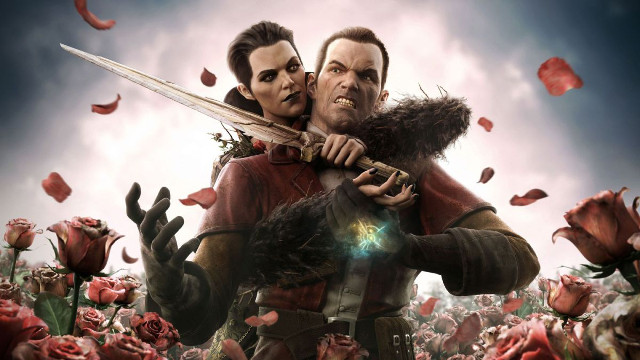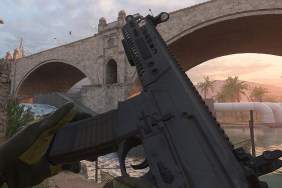[ Editor's Note: This article contains spoilers for Dishonored 2. ]
Delilah Copperspoon was the product of an affair between a servant and the Emperor of the Isles, shuffled off to the side like so many other royal bastards. A lie from her half-sister and future Empress, Jessamine Kaldwin, got Delilah and her mother kicked out onto the…











